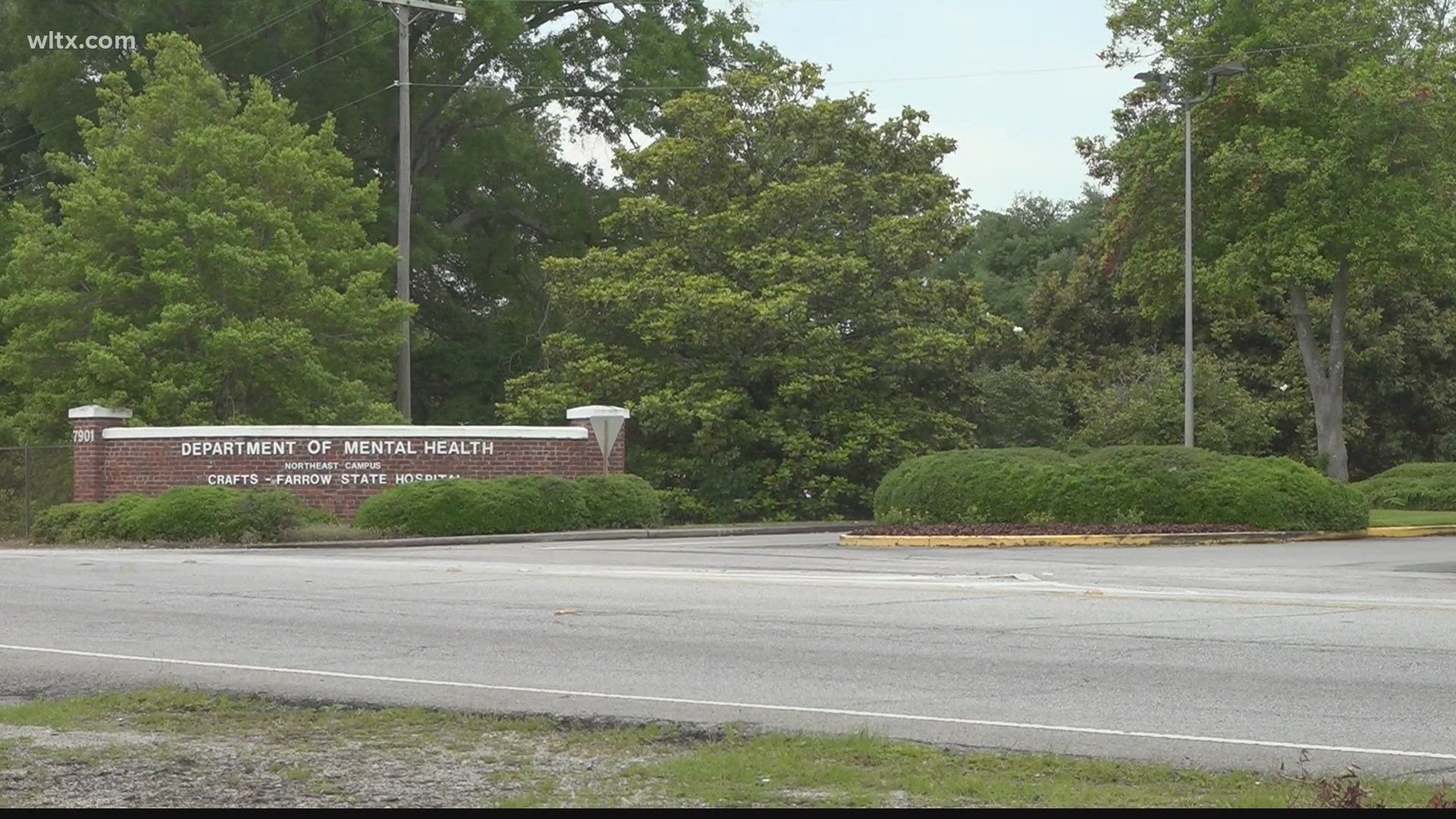COLUMBIA, S.C. — Columbia leaders are weighing their next steps after failing to secure $10 million in state funding for a new homeless services campus this year.
Despite Governor Henry McMaster's inclusion of the request in his executive budget, the allocation did not make it into the House or Senate budget.
According to Columbia Mayor Daniel Rickenmann, Columbia is actively looking at properties for the proposed homeless resource center. One potential site under consideration is located on the Crafts-Farrow State Hospital campus.
"We want to do due diligence on it because it's part of an 800-acre site," stated Columbia Mayor Daniel Rickenmann. "It allows us to have a lot of buffer, it's not close to any area that could really be affected, and there's an opportunity for us to have some crossover services down the road."
Dubbed the Hope Center, Rickenmann envisions a facility with hundreds of beds, addiction services, medical and dental care, and more. He pointed to successful models in other cities, such as Houston, where homelessness has significantly decreased over the years.
“They’re 60% down on homelessness and we're seeing almost a 17% increase here. So we have to address the situation,” said Rickenmann.
Rickenmann said the city will ask for state money again next year to help pay for the estimated $40 million project.
"We're going to keep asking, but we're also looking at alternatives," Rickenmann noted. "Some other communities are funding these through capital lease programs, using private banks, and other avenues."
Despite the city's efforts, some advocates like Sue Berkowitz from the South Carolina Appleseed Legal Justice Center remain skeptical of the plan's feasibility.
"If you're going to be moving people that far from where they consider their central world, then what's the transportation plan?" Berkowitz said. "How are people going to get to work because not everybody who's homeless is not working?"
Last week, the center launched a social media call to action after the sale of surplus property to the city appeared on the Mental Health Commission’s agenda.
“I think that a lot of this has been done in the shadows that haven't been transparent. And there's no real knowledge or vetting of any real plan,” said Berkowitz.
Rickenmann acknowledged that due diligence could take six months to a year and emphasized that exploring properties did not guarantee a purchase.
He added that an information session will be held in June so the public can hear the city’s plans.
“This is why we're going to have an open discussion,” said Rickenmann. "We're at ground zero in this process.”
In January, Gov. McMaster indicated that if the program proved successful, it could be replicated in cities like Greenville or Charleston.

